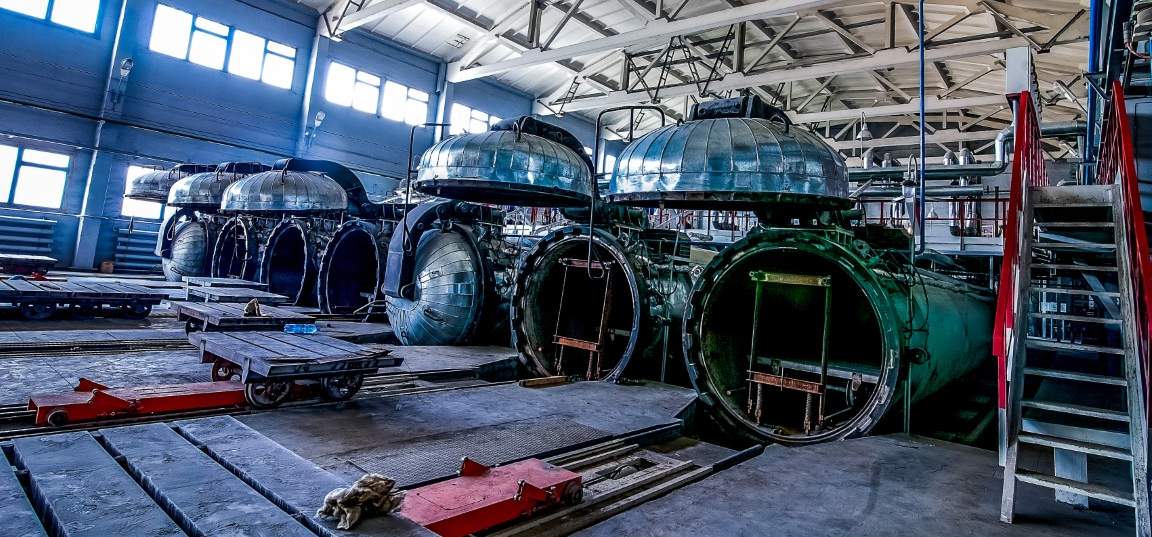In industrial machinery, where heavy weights, high speeds, and varied temperatures are constants, even the smallest of components can play a vital role. Rubber seals contribute greatly to mechanical systems’ efficiency, longevity, and overall performance. Rubber seal has a variety of shapes, sizes, materials, and applications. In this article, you will learn how rubber stamps are used to enhance the durability and efficiency of machinery.
- Rubber Seals And Their Role In Machinery
Rubber seals, also known as O-rings, rubber grommets, and gaskets, are designed to prevent the leakage of gases and fluids between two surfaces in machinery. Seals provide a protective barrier for lubricants in engines, pumps, and hydraulic cylinders. This barrier maintains functionality and protects internal components, such as equipment, against contaminants.
Rubber seals maintain machines’ efficiency by minimising leakage and maintaining proper containment. Proper sealing allows machinery to run more smoothly by reducing wear and tear on the components. This helps increase machines’ lifespans and reduce maintenance costs.
- Enhancing Durability Through High-Performance Material
Rubber seals are designed to withstand conditions that would damage other materials. Choosing the right material for each application is vital, as it will require varying heat tolerance levels, chemical resistance, and flexibility.
Rubber seals of these materials can resist harsh environments without losing their strength, flexibility, or shape. Seals of high quality resist cracking, swelling, and degradation.
- Improving Machinery Efficiency
Seals can directly improve machinery efficiency by maintaining pressure within the system, reducing abrasion, and conserving power. In hydraulics, rubber seals help maintain consistent pressure and allow precise control over machinery movements. An efficient seal minimises energy loss as fluids can be contained and transferred to the required location. Rubber seals are designed to prevent leaks. They ensure that machinery operates smoothly and efficiently, reducing energy requirements.
Reducing friction between moving parts can also reduce the energy wasted in heat. This could be useful for applications with high speeds where excessive heating could cause premature wear. Rubber seals offer a flexible barrier to allow components to move freely and without friction.
- Protection Against Contaminants
Contaminants such as dust or water can infiltrate machinery and cause corrosion, erosion, and degradation. Rubber seals prevent contaminants from entering sensitive parts. They also keep dirt, water, and debris from engines and internal components.
Rubber seals effectively prevent contamination externally and keep fluids, lubricants, and internal fluids contained, reducing the chance of contamination. This dual protection keeps the machinery in a controlled atmosphere, which helps it last longer and requires less maintenance.
- Maintenance Costs Can Be Minimised
It can be very expensive to have machinery down for repairs or maintenance, particularly in industries with equipment that needs to work continuously. Rubber seals preserve the integrity of machinery components and maintain a stable working environment. They also prolong the service life of equipment and reduce inspections.
Moreover, rubber seals designed today are built to last, allowing them to withstand pressures up to 100 psi, extreme temperatures, and other extreme situations without frequent replacement. This reduces downtime and decreases the cost associated with labour and replacements.
- Rubber Seals Versatility In Industrial Applications
Rubber seals are very versatile and adaptable, suitable for machinery applications ranging from automotive engines to medical devices. Their flexibility and ability to conform to the surface make them ideal for filling small gaps and irregularities. Advances in sealing have also made seals more resistant to a greater range of chemicals and temperatures.
Conclusion
Rubber seals appear to be simple and small components. However, their importance in improving the durability of machinery and its efficiency is immeasurable. Rubber seals keep the machinery running smoothly by preventing leaking, reducing contamination and friction, and maintaining pressure. With advancements in material and design, rubber seals become even more durable and effective. This increases the lifespan and cost-effectiveness of industrial equipment. High-quality seals can majorly impact cost-savings, performance, and productivity in a fast-paced industry where machinery uptime and performance are critical.

